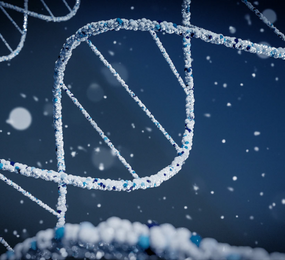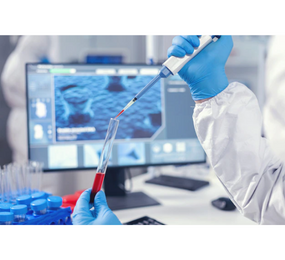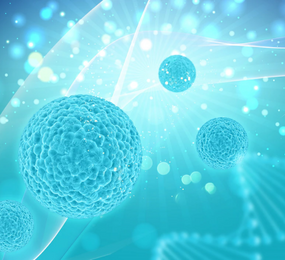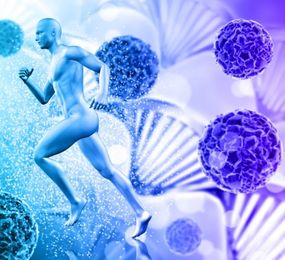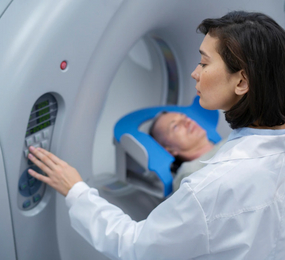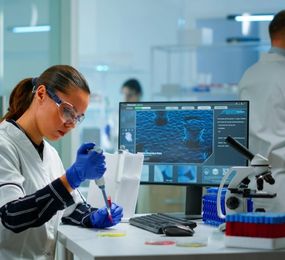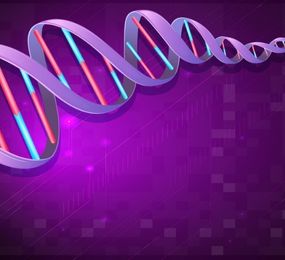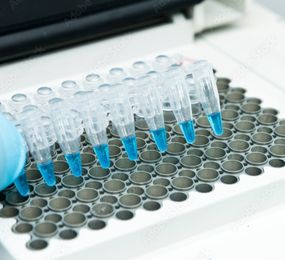3D Printing in Bioprocessing: A Revolution in Precision
3D printing, also known as additive manufacturing, is revolutionizing various sectors, and bioprocessing is no exception. This technology offers unprecedented precision and customization, impacting the development and manufacturing of biologics in several key ways:
- Personalized Medicine: 3D bioprinting enables the creation of patient-specific tissues and organs for transplantation. By printing with a patient's own cells, the risk of rejection is significantly reduced. This technology holds immense potential for regenerative medicine, offering hope for treatments for conditions like diabetes, heart disease, and neurodegenerative disorders.
- Drug Discovery and Development: 3D printing facilitates the creation of complex tissue models, providing a more accurate representation of human physiology than traditional 2D cell cultures. These models can be used for drug screening, toxicity testing, and personalized medicine development, accelerating the drug discovery process and improving the success rate of clinical trials.
- Bioreactor Design: 3D printing allows for the fabrication of customized bioreactors with intricate geometries and improved performance. This enables precise control over cell growth conditions, enhancing productivity and yield in biopharmaceutical manufacturing.
- Drug Delivery Systems: 3D printing can be used to create complex drug delivery systems, such as personalized implants and controlled-release matrices. This technology enables the targeted delivery of drugs to specific tissues, improving therapeutic efficacy and reducing side effects.
Visit our website to know more: https://www.leadventgrp.com/events/2nd-annual-bioprocessing-and-biologics-forum/details
For more information and group participation, contact us: [email protected]
Leadvent Group - Industry Leading Events for Business Leaders!
www.leadventgrp.com| [email protected]


